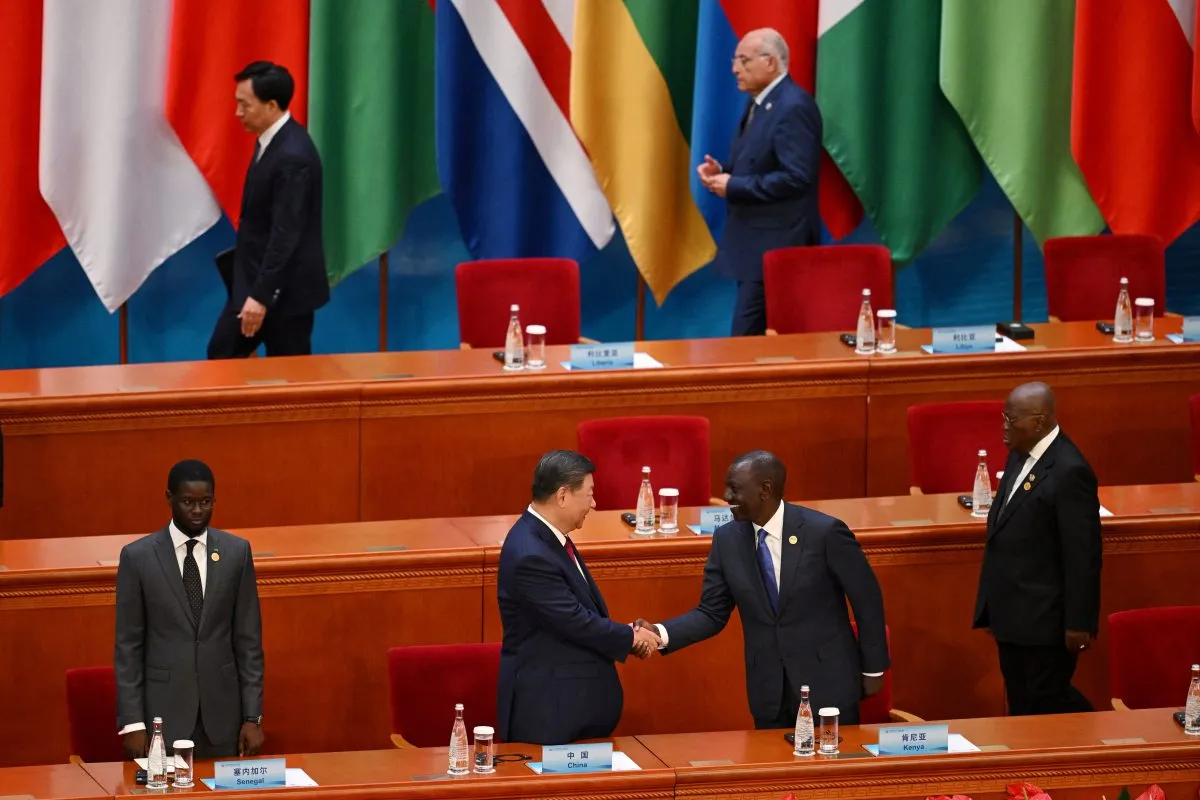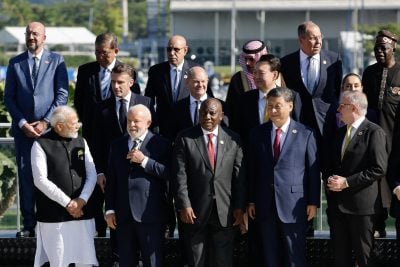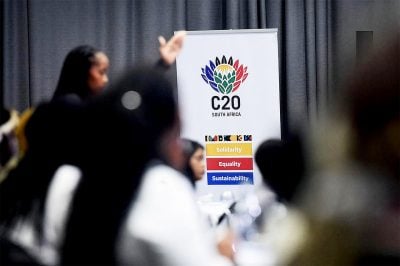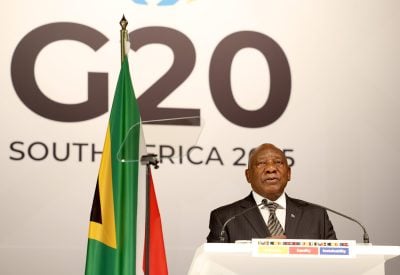Chinese President Xi Jinping committed over $50bn in financial aid to African nations in the next three years during the Forum on China-Africa Cooperation (FOCAC), the largest diplomatic event organised in Beijing since the Covid-19 pandemic, which drew to a close on Friday.
“Over the next three years, the Chinese government is willing to provide financial support amounting to RMB360bn yuan ($50.7bn). This breaks down into RMB210bn of credit lines, RMB80bn of assistance in various forms, and at least RMB70bn of investment in Africa by Chinese companies,” he said.
The Chinese capital was decked out in all its finery on Monday as FOCAC welcomed more than 50 African leaders. Addressing the leaders and UN Secretary-General Antonio Guterres during the opening ceremony at the Great Hall of the People, Xi Jinping, while presenting a three-year plan for continuous cooperation, emphasised China’s ambition to solidify its influence on the continent.
“China is ready to deepen cooperation with African countries in industry, agriculture, infrastructure, trade, and investment, promote exemplary, high-quality Belt and Road cooperation projects, and build together a model for the delivery of the Global Development Initiative,” Xi declared.
“We will also encourage two-way investment for new business operations by Chinese and African companies, enable Africa to retain added value, and create at least one million jobs for Africa.”
“On the path to modernisation, no country should be left behind,” he concluded.
China, the world’s second-largest economy, is Africa’s leading trade partner. Bilateral trade reached $167.8bn in the first half of 2024, according to Chinese official media.
New deals with African nations
The President also cleared the way for new deals, boasting that relations between China and Africa are in their “best period in history”.
On the sidelines of the summit, the Chinese president held one-on-one talks with African leaders, resulting in new cooperation agreements with several countries.
Zambian President Hakainde Hichilema announced an agreement between Zesco and PowerChina to expand rooftop solar panels.
Nigeria and China agreed to strengthen cooperation in infrastructure, particularly transport, ports, and free trade zones.
Tanzanian President Samia Suluhu Hassan secured a commitment to advance a $1bn railway link project with Zambia, while Zimbabwe obtained promises of enhanced cooperation in agriculture, mining, clean energy, and transport infrastructure.
Kenyan President William Ruto (pictured with Xi Jinping) announced China’s promise to open its market to Kenyan agricultural products. Both countries also agreed to extend the Standard Gauge Railway line connecting Nairobi to Mombasa, and China committed to cooperation on the Rironi-Mau Summit-Malaba highway, which is expected to cost $1.2bn.
Debt-related concerns
As expected, the public pronouncements largely steered clear of the controversial issue of Chinese debt on the continent.
Last year, Ruto requested a $1bn loan from China and sought to restructure existing debt. Kenya now owes over $8bn to China. Nigeria’s debt obligations to China stand at $5.16bn.
China’s development model on the continent has opened it up to Western accusations of “debt-trap” diplomacy – a charge again refuted by supporters of China’s approach during FOCAC.
“The ‘debt-trap’ slogan is used by Western countries as an excuse to attack these partnerships,” said Wang Zhan, professor of economics and sociology at Tianjin University and director of research and a member of the disciplinary assessment team of the Chinese State Council.
“They overlook the fact that many African nations willingly engage in these projects because they see the benefits of infrastructure development and economic growth.”
“China has its own development path which has many similarities with Africa. It went through almost the same process. China wants to share its experience with Africans and advocate for sustainable development. It aims to build mutually beneficial relationships and support Africa’s own development goals,” he argued.
Want to continue reading? Subscribe today.
You've read all your free articles for this month! Subscribe now to enjoy full access to our content.
Digital Monthly
£8.00 / month
Receive full unlimited access to our articles, opinions, podcasts and more.
Digital Yearly
£70.00 / year
Our best value offer - save £26 and gain access to all of our digital content for an entire year!

 Sign in with Google
Sign in with Google 



